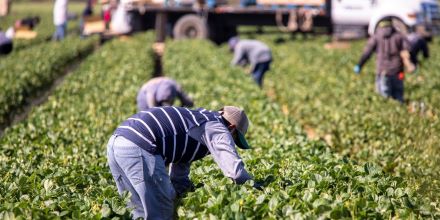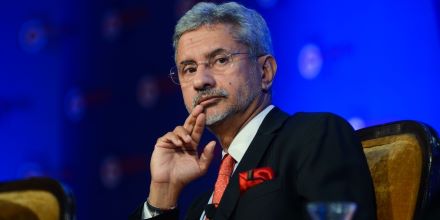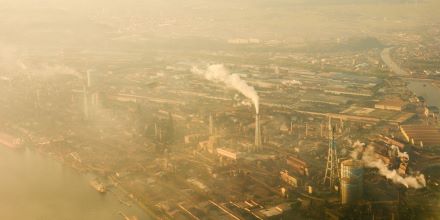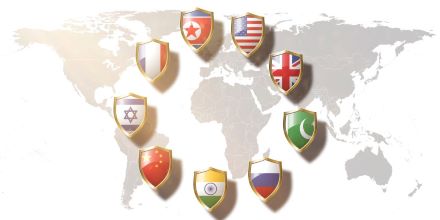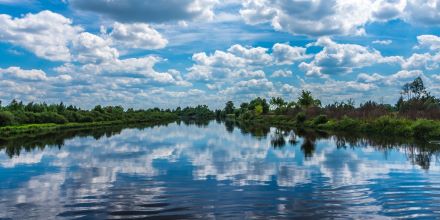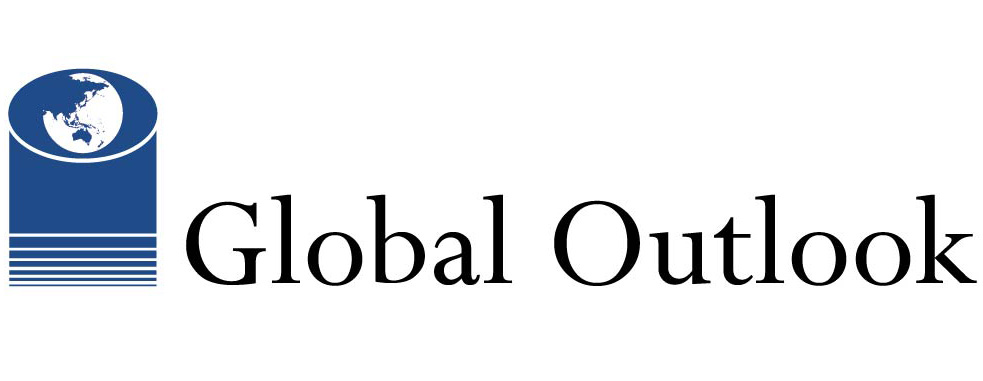
Curated expert opinion on intractable contemporary issues
Labour Migration and Climate Justice?
By Carol Farbotko, Taukiei Kitara and Olivia Dun | 07 May, 2022
Migration is a potentially adaptive response to climate change. Adaptive migration responses do not involve only permanent movement away from a climate vulnerable site; temporary migration, when migrants may bring or send back additional funds, new knowledge, upgraded skills and other resources, can help to build resilience among communities in climate vulnerable areas.
Double Standards are Normal in Foreign Policy
By Ramesh Thakur | 05 May, 2022
What is it about some Westerners that makes them so singularly lacking in self-awareness as they assume a position of moral and intellectual superiority to issue condescending pronouncements on non-Westerners? In their chapter in the 1999 book The power of human rights, Thomas Risse and Stephen Ropp wrote: ‘Pressure by Western states and international organizations can greatly increase the vulnerability of norm-violating governments to external influences.’
About Football-, Pandemic-, Kremlin- and Military Experts
By Herbert Wulf | 03 May, 2022
A glance at the analyses and conclusions of just about any major newspaper or news website will confirm: the self-proclaimed military experts are in charge, ready to explain to us what "heavy weapons", "no-fly zones", "anti-aircraft guns", "flagships" etc. are. Any why not? They’ve been dealing with the matter for quite some time now, a whole two months since February 24, 2022.
IPCC Mitigation Report, 2022: What it Implies for Developing Countries
By Robert Mizo | 01 May, 2022
There is no doubt that climate change needs to be addressed by all countries in a concerted manner. The fact remains, however, that there is a wide variance among countries both in terms of capacity to address and culpability for the problem. Developing and least developed countries are likely to suffer disproportionately the effects of climate change.
Ukraine Proves UN Cannot Singlehandedly Usher in a Nuclear-Weapons-Free World
By Thalif Deen | 28 April, 2022
The crisis in Ukraine has also revealed the UN's limitations in the "maintenance of international peace and security” as spelled out in the UN charter.
Grave Concern for Environmental and Climate Damage Caused by Russian Invasion of Ukraine
By Kazuo Matsushita | 22 April, 2022
War is the worst destruction of the environment and human rights. Russia's invasion of Ukraine is truly a humanitarian crisis. In addition, the war has caused extensive damage to the environment, the effects of which are feared to be long-lasting. Even if the war were to end, the environmental devastation and pollution will make reconstruction difficult.
The views and opinions expressed in Global Outlook are those of the authors and do not necessarily reflect the official policy or position of Toda Peace Institute.
